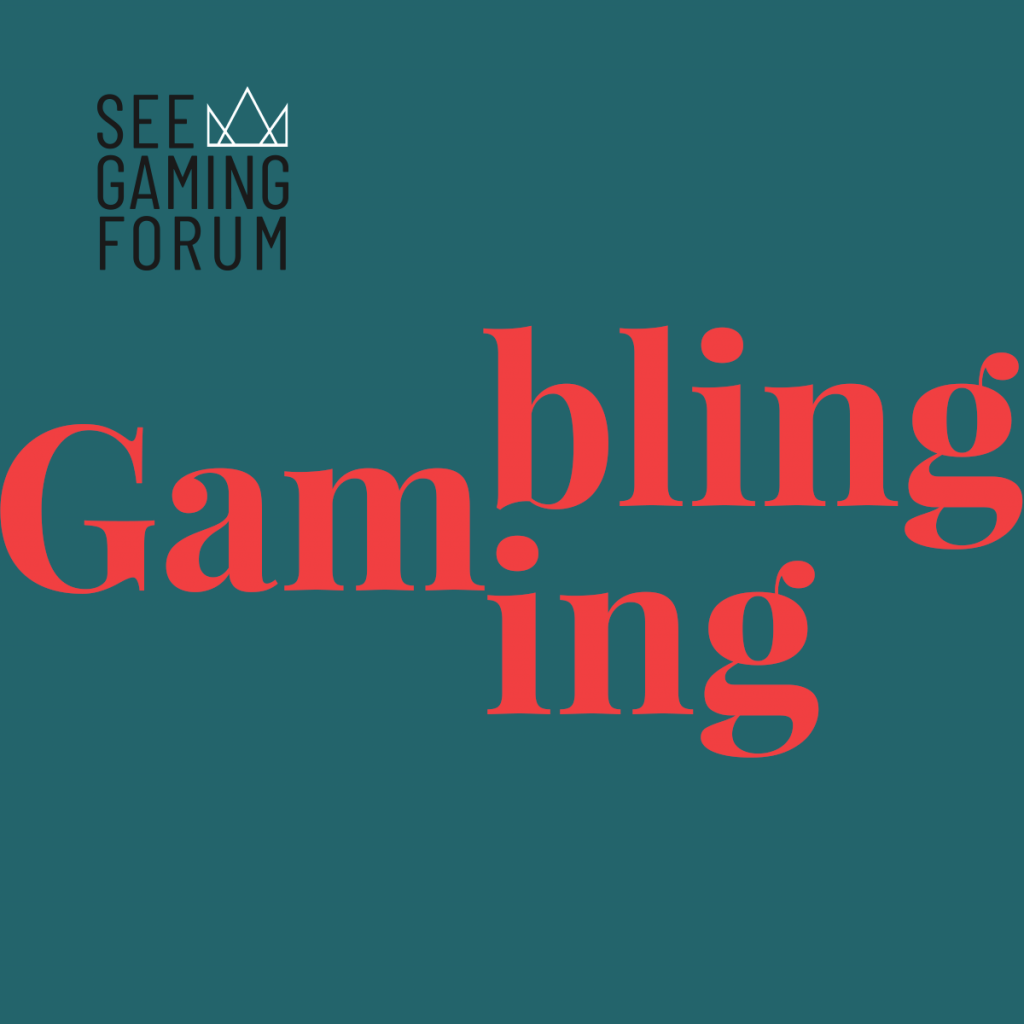By Joseph F. Borg, WH Partners
Bitcoin was one of the most popular search terms on Google for the past 2 years. The underlying technology of Bitcoin is the blockchain technology. While Bitcoin is quite controversial, there is a general consensus that blockchain is an outstanding technological advancement and many think it will disrupt a number of industries.
How does blockchain work?
In a nutshell, blockchain technology allows us to replace the trust we place in an intermediary in asset transactions. With blockchain, peer-to-peer transactions can happen without passing through the trusted intermediary. In fact, they happen without any human intervention whatsoever. On the blockchain, transactions are verified by miners, which are powerful computers that solve complicated mathematical computations. To resolve such computations, miners consume a lot of energy, but as a compensation their owners receive some undistributed Bitcoin. Whoever invented Bitcoin, programmed it in a way that a total of 21 million Bitcoins can be distributed. At this stage, around 16.7 million Bitcoins were distributed. The rest will be distributed to miners as they solve the mathematical computations and verify the transactions happening on the blockchain.
All transactions are visible to everyone, but the log of the transactions is anonymous. They will be recorded on the blockchain forever and cannot be altered or deleted.
All of this process is automated. The owners of these miners cannot interfere on whether a specific transaction should be verified or otherwise. All transactions are visible to everyone, but the log of the transactions is anonymous. They will be recorded on the blockchain forever and cannot be altered or deleted. No central entity controls it but rather it is democratically controlled by the community.
What I have described above, in simple terms, is how the Bitcoin blockchain functions. There are other blockchains out there. Each one has different characteristics, and some have different ways of how to verify the transaction. However, the principles remain the same.
How will blockchain disrupt the gambling industry?
As stated earlier, blockchain technology will disrupt quite a few industries and the gambling industry is potentially one of those that stands to gain significantly from the advantages of this technology. These include:
- Added Transparency and provable Fairness – Today we rely on reputable international testing labs and supervision of regulators to prove that gaming is being offered in a fair way to the end users. Those of us that are in the industry all know that testing labs and regulators do their job very well and that if they certify a system, it means that it has passed endless testing and checks. However, do you think end users that are not so in touch with what happens in the background, can trust these third parties? The transparency that blockchain brings with it, will somewhat replace the ‘trust’ on testing labs and regulators. It does not mean that we will not need testing labs and regulators. However, blockchain technology will be complementary and will provide the player with indisputable information that will drastically reduce complaints and remonstrations on online fora.
- Increased Security and Immutability – The fact that the data that is placed on the blockchain cannot be removed or replaced makes the blockchain immutable. This brings with it a number of advantages to operators, regulators and players. For example, operators can ensure that their employees will not be meddling with transaction data and making any unauthorized changes thereto. For obvious reasons, this is also significantly positive for regulators and players.
- Faster, Easier and Cheaper Remittances – Through the use of smart contracts and cryptocurrencies operators can avoid the responsibility of holding player’s funds. Players can instantly send the amount they wish to wager in real time and receive the winnings immediately through the smart contract once the result is generated, without the need to leave the funds in a dedicated players’ account. In principle, the smart contract could also be programmed to transfer the tax to the authorities automatically. This could revolutionise gaming as we know it. Furthermore, the use of cryptocurrencies also brings with it lower transaction fees, faster remittances and no chargebacks. Indeed, chargebacks do not exist in the crypto world. Once the cryptocurrency is sent, there’s no turning back.
- Greater Efficiency and Automation through Smart Contracts – The use of smart contracts coupled with artificial intelligence could drastically reduce the human processing within a gaming organisation. This will allow operators to concentrate on and dedicate more resources to value added human intervention while reducing costs.
Malta, the blockchain island
As usual, Malta was one of the first movers in Europe in this space. On the 4th of July of 2018, the Maltese Parliament unanimously passed three bills that established the foundations of the Maltese Blockchain Regulatory Framework.
Through Virtual Financial Assets Act (the ‘VFA Act’) the Malta Financial Services Authority (the ‘MFSA’) is granted the powers to regulate Initial Coin Offerings (the ‘ICOs’), Exchanges and other cryptocurrency related services such as brokerage and investment advice. The VFA Act also grants the Minister powers to issue regulations and the MFSA powers to publish rules to regulate this space in a robust yet dynamic way.
The Malta Digital Innovation Authority Act (the ‘MDIA Act’) sets up the Malta Digital Innovation Authority (the ‘MDIA’). This newly set up authority will be regulating innovative technologies such as blockchain and artificial intelligence. It will also be co-ordinating communication and co-operation between national authorities in this space. The Innovative Technology Arrangements and Services Act (the ‘ITAS Act’) is the legislation that lays down the provisions for the accreditation of System Auditors by the MDIA as well as for the certification of technology arrangements. Such technology arrangements could be blockchain platforms as well as smart contracts.
The innovative feature of the Maltese framework lies mostly in the latter two pieces of legislation. The establishment of an authority on blockchain and AI as well as the introduction of standards legality, integrity, transparency, compliance and accountability is truly innovative in this space. Unlike other jurisdictions Malta did not just focus on cryptocurrencies, it also established a framework for the technology.
Along with this regulatory framework, the Malta Gaming Authority (the ‘MGA’) also published a set of guidelines that create the parameters for the establishment of a sandbox in relation to the use of blockchain and cryptocurrencies by Malta licensed gaming operators. The document sets the parameters for the:
- Use Distributed Ledger Technology (the ‘DLT’) as the basis or as part of the gaming operation;
- Use of cryptocurrencies as a method of payment by players
As of 1 January, of this year, the MGA started accepting applications for use of cryptocurrencies by Licensees. As a rule, Licensees will be allowed to make use of cryptocurrencies that satisfy Maltese rules on Virtual Financial Assets (the ‘VFAs’), but subject in each case to the MGA’s evaluation of the VFA concerned and the Licensee’s preparedness. The MGA says that it will use a risk-based approach on a case-by-case basis, guided amongst others by the technology being used, security and resources available to the Licensee in question.
Until the first system auditors are accredited and the first certifications for innovative technology arrangements are issued by the MDIA, licensees will not be able to make use of DLT and smart contracts. Such DLTs and smart contracts will need to be certified before being deployed by the licensees.
https://whpartners.eu/news/how-can-blockchain-revolutionise-the-gambling-industry


